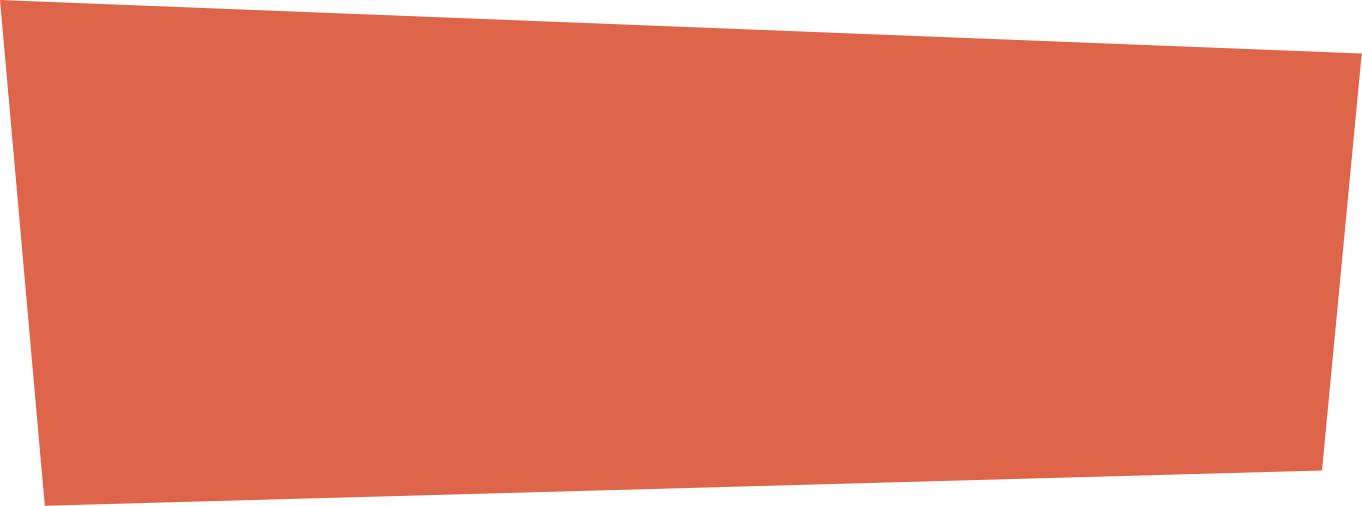
Spay/Neuter Solutions
Your affordable solution to pet spay and neuter!
Spaying or neutering helps pets live longer, healthier lives by eliminating or reducing certain health and behavior problems, making them better companions. Spaying or neutering also prevents unwanted litters and reduces pet overpopulation in the community.
Spay and neuter appointments are required and must be scheduled in advance to reserve a surgery time. Please schedule an appointment online or call 865.215.6677.
Extra services available at the time of surgery only. Additional costs may apply.
Post-Op pain medication and e-collars included (at vet's discretion).
We also provide post-operative re-checks if needed at no cost.
Need assistance? We have several assistance programs available – please call to find out how we can help you get your pet scheduled! Prices are based upon where you live and financial need.
How much does it cost?
DOGS
Spay: $110
Neuter: $110
Extra services available at the time of surgery only:
Rabies: $10
DHPP: $10
Heartworm Test: $20
Bordetella: $10
Microchip: $15
Nail Trim: $10
Knoxville City Tag: $5 (if altered)
CATS
Spay: $65
Neuter: $65
Extra services available at the time of surgery only:
Rabies: $10
FVRCP: $10
FELV: $15
Combo Test: $25
Microchip: $15
Nail Trim: $10
Knoxville City Tag: $5 (if altered)
Oops! Does she already have kittens?
Ask about the momma cat special!
Appointments
Schedule via Phone
9:30 a.m.-4:30 p.m., Monday-Friday
We return every call, so please leave a message and we will return your call within two business days.
After Your Appointment

Not in our area?
If you live outside of East Tennessee and are looking for spay or neuter services within your area, please call this toll-free help line for more information - 866.907.SPAY (7729).
BEFORE Your Appointment
Food Before Surgery
Pets that are 6 months of age or older should have nothing to eat after 10 p.m. the night before surgery. A puppy or kitten younger than 6 months of age may have a small breakfast before surgery.
Rabies Vaccinations
If your pet’s rabies vaccination is current, please bring the rabies certificate with you; a rabies tag alone is not sufficient. If your pet’s rabies vaccination is not current, this vaccine is required when your pet is spayed or neutered.
Bringing Your Pet to the Clinic
Cat owners: Please bring your cat in a carrier or pillowcase. FOR THEIR OWN SAFETY, CATS MUST BE CONTAINED AT ALL TIMES!
Dog owners: Please leave your dog in your car while you check in and fill out your paperwork. Before bringing your dog into the clinic, be sure he/she has had time to use the bathroom. It will make your pet more comfortable. ALL DOGS MUST BE RESTRAINED ON A LEASH OR IN A PET TAXI! This is to protect your pet.
Pick-Up Time
You will be informed of pick-up time when you make your pet's appointment and at check-in on day of surgery. This will ensure that your pet has had ample time to recover from the anesthesia and surgery before returning home.
Fees
All fees are due at check-in. You may pay by credit card or with cash. We cannot accept checks.
AFTER Your Appointment
Some Helpful Info
Spaying and neutering involves general anesthesia and, just like with humans, some animals recover from the surgery more quickly than others. Here are some general post-op instructions to help your pet recover and heal up after surgery:
- After your pet has been spayed or neutered, they will receive a de-wormer, a Capstar tablet for flea control, and a pain injection. The Capstar and pain injection will last for the next 24 hours. During this time your pet’s appetite may decrease, or you may see some vomiting or diarrhea. This is normal for patients after having surgery and should subside by the next day.
- Don’t worry if your pet isn’t very hungry at first; it may take a day or so for its appetite to come back fully. Give small amounts of water at first, and then offer small amounts of food. Don’t give your pet table scraps or other “people food” during this recovery period.
- Don’t give your pet such human medications as aspirin, Tylenol or Advil. These could be dangerous for your pet.
- Have your pet take it easy for the next 7-10 days. This includes no running or jumping!
- Keep your pet indoors as much as possible during this time. Dogs should be walked on a leash when they need to go outside.
- Check your pet’s incision daily to make sure it’s healing up well. Some redness, swelling, slight bruising, or a small knot-like swelling at the site are all normal and should subside without any problem. Clear seepage at the site for the first 24 hours is also normal; bleeding or pus-like discharge is not.
- Make sure your pet doesn’t chew or lick at the incision. This could lead to complications in healing. You can purchase an “E-collar” from us for $5, or at a pet supply store, such as PetSmart. Bitter agents such as Bitter Apple can be used around the incision also.
- We recommend that you take your pet to your regular veterinarian for a post-operative check-up 7 to 10 days after surgery.
FAQ
